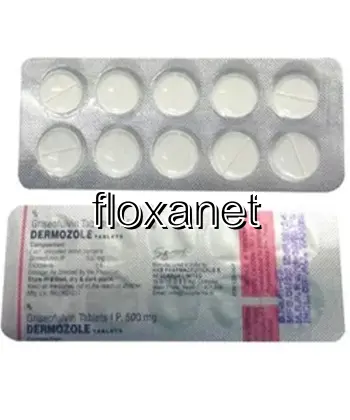| Package | Dosage | Price | Price per Dose | |
|---|---|---|---|---|
| Dosage: 250mg | ||||
| 360 pill | 250mg | £252.05 | £0.70 | |
| 180 pill | 250mg | £133.73 | £0.74 | |
| 120 pill | 250mg | £94.64 | £0.79 | |
| 90 pill | 250mg | £78.18 | £0.86 | |
| 60 pill | 250mg | £59.66 | £1.00 | |
| 30 pill | 250mg | £33.94 | £1.12 | |

Grisactin Description
What is Grisactin?
Grisactin is a medication commonly used in the UK to treat bacterial infections. It contains the active ingredient Chloramphenicol, which belongs to the class of antibiotics known as broad-spectrum agents. These medicines work by stopping the growth of bacteria, helping your body to overcome infections more quickly. Grisactin is typically prescribed for a variety of bacterial conditions, including eye infections, ear infections, and certain skin infections. It is essential to use this medication exactly as directed by your healthcare provider to ensure effectiveness and prevent resistance.
How to Use Grisactin
Depending on the type of infection, Grisactin can be administered in different forms such as eye drops, ointments, or capsules. In the UK, eye drops are one of the most common forms. It’s important to wash your hands thoroughly before applying the medication and to follow the instructions provided with the prescription. For eye infections, usually a few drops are applied directly into the affected eye multiple times a day. When using topical ointments, a thin layer is gently spread over the infected area. Oral capsules are taken with water, typically two to four times daily. Always complete the entire course of treatment, even if symptoms improve earlier, to prevent bacteria from returning or developing resistance.
Possible Side Effects and Precautions
Most people tolerate Grisactin well, but some may experience side effects. Allergic reactions are rare but can include skin rashes, swelling, or difficulty breathing. Common side effects include mild irritation, redness, or itching at the application site when used as eye drops or ointments. Oral use may cause gastrointestinal upset, such as nausea or diarrhoea. It is vital to inform your healthcare provider if you have any history of blood disorders or are taking other medications, as Chloramphenicol can interact with other drugs. Women who are pregnant or breastfeeding should discuss the risks and benefits with their doctor before starting Grisactin.
Availability and Purchase in the UK
In the UK, Grisactin is available through licensed pharmacies, including online pharmacy services. When purchasing online, ensure the pharmacy is registered and reputable to guarantee quality and safety. It is essential to have a valid prescription from a healthcare professional to buy this medication legally. Avoid purchasing cheap or unlicensed medications, as these may be counterfeit or unsafe. Always follow the dosing instructions and consult your doctor if you notice any unusual side effects or if your condition does not improve after a few days of treatment.
Patient Reviews and Opinions
Many users in the UK report positive outcomes after using Grisactin, especially for eye infections and minor skin issues. Patients appreciate its effectiveness and the quick relief it often provides. Some have mentioned that the medication is easy to apply, with minimal discomfort during use. However, a few individuals have experienced mild irritation or allergic reactions, highlighting the importance of proper usage and monitoring. As with any antibiotic, it is crucial not to self-medicate or use Grisactin without professional guidance. Overall, those who follow their doctor’s advice tend to find it a reliable treatment option for bacterial infections.